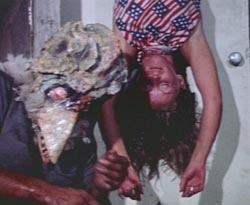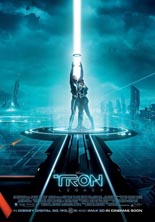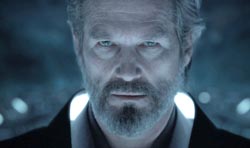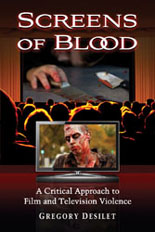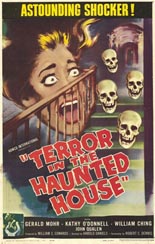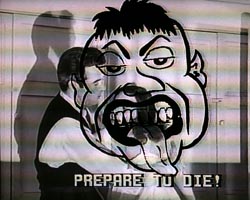
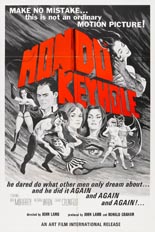 According to Mondo Keyhole, which is not a mondo movie, only one out of 50 rape victims reports the crime. That’s because they feel guilt, and that’s because — in the narration of businessman/rapist Howard Thorne (one-time actor Nick Moriarty), “They ask for it and they know it.”
According to Mondo Keyhole, which is not a mondo movie, only one out of 50 rape victims reports the crime. That’s because they feel guilt, and that’s because — in the narration of businessman/rapist Howard Thorne (one-time actor Nick Moriarty), “They ask for it and they know it.”
Editor’s Note: Do not use Mondo Keyhole as a credible and/or reliable source.
A pornographer by trade, Howard finds his many victims among those busty dreamers who audition for his magazines or who simply bounce down the street. He is largely impotent, despite having a white-hot wife, Vicky (Victoria Wren aka Adele Rein, Common Law Cabin). Unaware of her husband’s hobby that keeps him away from home until the wee hours, Vicky is so bored and so sex-deprived that she shoots heroin. Speaking of needles, turns out Howard can get it up — but only when the woman doesn’t want him, and here, poor Vicky is playing dress-up as Brigitte Bardot all for naught(y)!
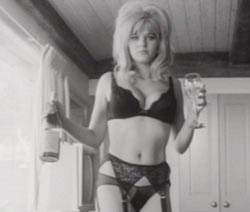 Written and co-directed by Jack Hill (Spider Baby) with John Lamb (Mermaids of Tiburon), the black-and-white sexploitation film gets really weird when Howard accompanies Vicky to an “artists and models ball,” a swingers’ shindig of eating food off a naked lady and having shaving-cream fights in the pool.
Written and co-directed by Jack Hill (Spider Baby) with John Lamb (Mermaids of Tiburon), the black-and-white sexploitation film gets really weird when Howard accompanies Vicky to an “artists and models ball,” a swingers’ shindig of eating food off a naked lady and having shaving-cream fights in the pool.
For Howard, the party looks like a rapist’s paradise, since everyone is wearing masks to render them anonymous. What he doesn’t count on is one of his previous conquests being there, and she’s learned kung fu. Meanwhile, Vicky gets a personal tour of Hell by a guy dressed as a vampire and affecting a bad-Dracula accent (you know, “Bleh! Bleh! Bleh!”). Veering from grindhouse fare to film-school pretension, Mondo Keyhole begins to feel like the “unending torment” the would-be Drac describes. Until then, it’s a flesh-filled fantasy of one messed-up man. —Rod Lott

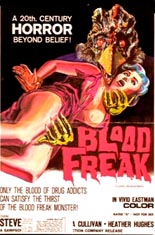
 Like pumpkin pie and tryptophan comas,
Like pumpkin pie and tryptophan comas, 